The new year not only means a fresh 12 months ahead of us, but for plant hire contractors and companies it marks the beginning of the buying season where decisions are made to update and expand their equipment ahead of the year’s work.
I recently caught up with Cathal Doherty from Euro Auctions to talk about ways in which you can maximise the value of your equipment at auction.
The price a piece of equipment will fetch may be governed by a number of factors on the day: the mood of the market, the vibe of the sale, the choice of stock available, the quality or condition of the item on offer, as well as international demand from overseas buyers. So, with this in mind, does the seller have any influence over this process? How can they squeeze that extra few euro out of their equipment as it goes under the hammer?
It has been proven that by preparing your plant for sale, you will attract more buyers, both pre-sale and at the auction. By ensuring your kit looks fit for work, it will attract interest. You will get the best price and, ultimately, make more money.
If a bidder is prepared to part with their hard-earned money for a piece of kit, they are going to want to jump up into that cab, turn on the ignition, flick the controls and put the machine through its rudimentary paces. If that machine is in rough order, filthy, oily and greasy, with a cab floor full of grime and rubbish, that prospective buyer is going to pass. It is generally accepted that by cleaning the cab windows, you can add at least €500 to the sale price.
Another mistake many sellers make when putting machinery through an auction is not ensuring that it is capable of running. This may seem like an obvious requirement, but approximately 25% of sellers do not pay attention to these details and, as a result, may be losing thousands of euro on the sale.
To appeal to buyers, make sure that your machine is as accessible as possible. Ensure that the battery is fully charged, there is fuel in the tank, no fuses are missing and the engine starts on the key.
To make it simpler, I have compiled some top tips on how a seller should present their machine for sale at auction.
Choosing the right sale
Before selling a piece of plant or machinery, consider where to sell it in order to get the best possible price. Many markets attract a particular type of buyer who will have a need for or an interest in particular makes, models or types of machinery.
By speaking to an auction sales manager, you can gain a better idea of where to send your machinery to sell. Certain brands of machinery and equipment fare better at certain auctions. For example, Cathal tells me that canopy mini excavators sell very well at their auction site in Spain, while zero tail-swing excavators sell well at Dormagen in Germany. Researching the market before selling your plant can prove invaluable.
Think like a buyer
It is known that low-hour machines are the most desirable and make the most money, but if that low-hour machine has had a tough life, it may not be pretty. Presenting your machine for sale the same way you would wish to buy it is the key. This should be your pre-auction mantra.
According to Cathal, it has been proven from the sales records of Euro Auctions that a well-presented machine will always achieve the best price.
There are many simple things you can do, but the important tip here is to “do it”. A couple of simple things can make a whole heap of difference to a buyer, and ultimately generate a better price and profit.
Bells and whistles
Sometimes the little things can make the biggest difference. Broken or missing mirrors can be seen as an irritation, as can broken lights.
Make sure that all the lights work and all the fuses are fitted. Missing windscreen wiper blades show a lack of love for the machine, as do cracked or damaged cab glass.
Having a service history is a lucrative aid to getting the best price. This is not always possible, but if the servicing has been carried out by a main dealer, that information will be on record which can be easily obtained and included in the sale catalogue of the auction.
If you can produce CE (European conformity) documentation it can make a significant difference to the value, normally adding between 5% and 10% to the sale value, according to Cathal.
Make sure the machine has its proper ID and that the serial plate is visible and correct. If selling commercial vehicles, vans, cars and 4x4s, ensure that the vehicle is sent to auction with its registration documents, as overseas buyers will not bid on a vehicle without them, which will limit your buyers.
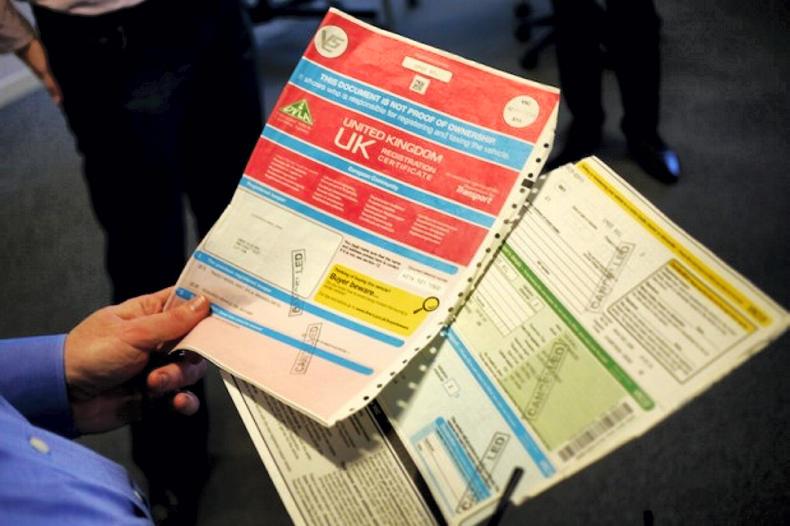
If a machine looks tidy, the chances are it has been looked after. With dozens of similar machines going under the hammer, what is going to entice bidders to pay the best money for yours? The answer is a tidy machine that looks clean and well maintained. Always clean out the cab, wash the floor, power wash the floor mats and clean the windows.
A clean machine is a piece of plant a buyer would be proud to own and operate. Muck and dirt may be seen as a way of hiding something and will make a buyer suspicious.
If your machine is in good order and there is nothing to hide, clean off the muck. This simple action will aid a buyer’s inspection and increase the price.

Fuel, filters and batteries
Always make sure that the battery is fully charged and the fuel tank is half full. This gives the prospective buyer a chance to actually run and operate the machine on their pre-auction inspection. If a machine starts on the button first time, the prospective buyer feels good about bidding on it. It is also worth fitting new fuel filters, as a blocked filter may hamper the starting of the engine and put buyers off.
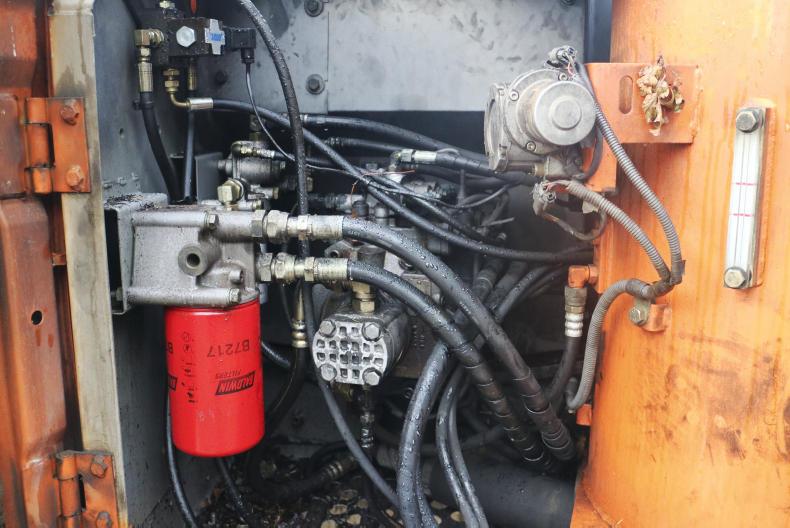
A tidy machine will grab the eye of the buyer. Repairing or covering knocks, bumps and scratches is fast, simple and effective and can make a great difference to the overall look of the machine. A few hundred spent here will result in a few thousand at the sale.
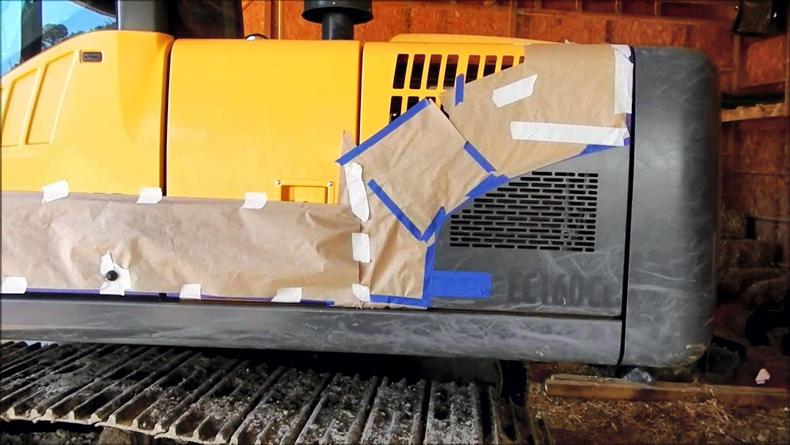
No one likes to see a machine dripping oil or fluids. Alarm bells sound immediately that rams and hoses may be damaged, pumps may be shot and seals may go. A pre-auction inspection of your equipment to identify and carry out the necessary repairs before the sale will ensure that it does not sit in a puddle of oil spelling trouble on the day. Buyers will not just mark the machine down by the estimated cost of the repairs, but will add in the hassle factor of getting the work done and the time involved as well.
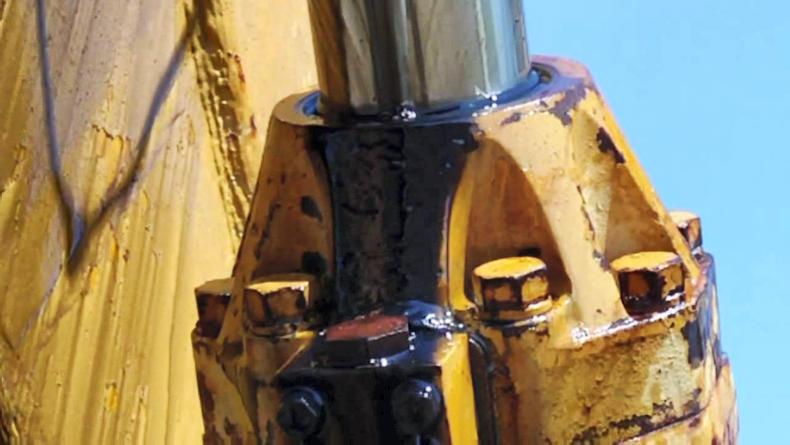
Like buying a car, a good set of tyres can clinch the deal. Tractors, dump trucks, telehandlers, rubber ducks and wheeled loaders can be hard on tyres.
Firstly, make sure tyres on each axle match and, if possible, make sure that the tyres all round match.
Try to fit a good branded set and don’t be tempted to fit cheaper tyres, as this does not bode well with buyers. A common mistake is to take off a set that has over 50% wear left and replace them with a fully worn set. This will reduce the sale price of the machine, at the very least by the cost of a set of new tyres. Look out for punctures and repair, if necessary.
A machine will look bad with a puncture or flat tyre and give the impression it was not well looked after.
Take a close look at the wheel rims as heavy work may have damaged them.
Spend a small amount of time ensuring that they are clean and undamaged – painting the rims is an option, but a good clean set is acceptable.
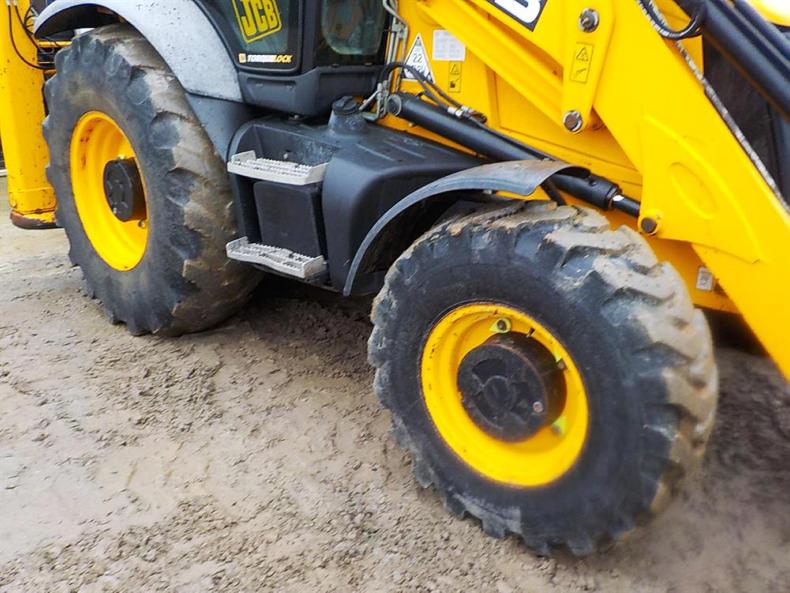
The lack of good attachments can often let a good machine down. This could make the difference between one or two final bids, which can amount to a couple of thousand euro for the sake of a little bit of thought. Ensure that buckets are in good working condition with good teeth. If possible, present the machine with a full set of buckets as this will draw the eye of the bidder that is looking for a machine that is “ready for work” for their own use.
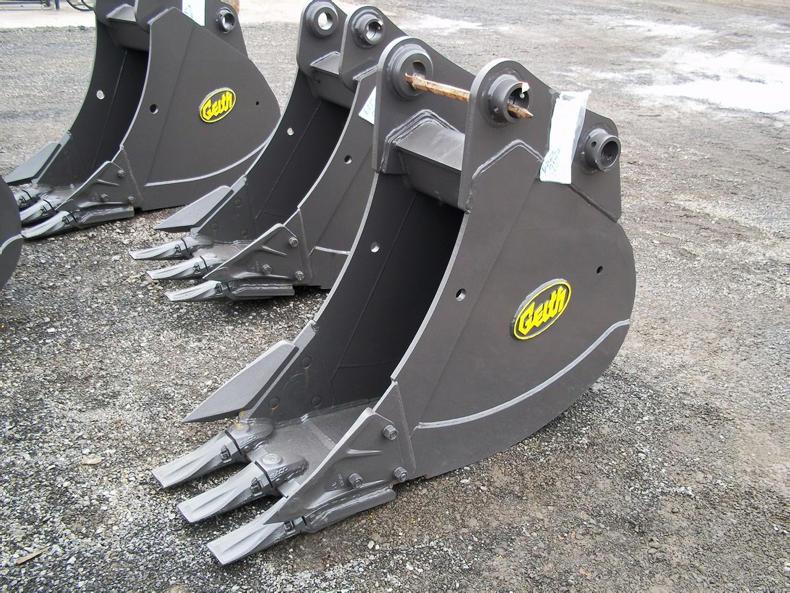
Summary
A small amount of money spent in the right places, as well as taking a little time to go through your machine, will help to increase its value considerably. In 2016, the auction houses reported an increase in sales with more international buyers coming in search of good clean plant. This is being fuelled by a global shortage of quality second-hand machines coupled with improvement in the construction sector. So, if you are considering entering a used machine into an auction this year, t try these few steps and you may be pleasantly surprised.
Read more
The FTMTA Farm Machinery Show is showcasing the industry
The new year not only means a fresh 12 months ahead of us, but for plant hire contractors and companies it marks the beginning of the buying season where decisions are made to update and expand their equipment ahead of the year’s work.
I recently caught up with Cathal Doherty from Euro Auctions to talk about ways in which you can maximise the value of your equipment at auction.
The price a piece of equipment will fetch may be governed by a number of factors on the day: the mood of the market, the vibe of the sale, the choice of stock available, the quality or condition of the item on offer, as well as international demand from overseas buyers. So, with this in mind, does the seller have any influence over this process? How can they squeeze that extra few euro out of their equipment as it goes under the hammer?
It has been proven that by preparing your plant for sale, you will attract more buyers, both pre-sale and at the auction. By ensuring your kit looks fit for work, it will attract interest. You will get the best price and, ultimately, make more money.
If a bidder is prepared to part with their hard-earned money for a piece of kit, they are going to want to jump up into that cab, turn on the ignition, flick the controls and put the machine through its rudimentary paces. If that machine is in rough order, filthy, oily and greasy, with a cab floor full of grime and rubbish, that prospective buyer is going to pass. It is generally accepted that by cleaning the cab windows, you can add at least €500 to the sale price.
Another mistake many sellers make when putting machinery through an auction is not ensuring that it is capable of running. This may seem like an obvious requirement, but approximately 25% of sellers do not pay attention to these details and, as a result, may be losing thousands of euro on the sale.
To appeal to buyers, make sure that your machine is as accessible as possible. Ensure that the battery is fully charged, there is fuel in the tank, no fuses are missing and the engine starts on the key.
To make it simpler, I have compiled some top tips on how a seller should present their machine for sale at auction.
Choosing the right sale
Before selling a piece of plant or machinery, consider where to sell it in order to get the best possible price. Many markets attract a particular type of buyer who will have a need for or an interest in particular makes, models or types of machinery.
By speaking to an auction sales manager, you can gain a better idea of where to send your machinery to sell. Certain brands of machinery and equipment fare better at certain auctions. For example, Cathal tells me that canopy mini excavators sell very well at their auction site in Spain, while zero tail-swing excavators sell well at Dormagen in Germany. Researching the market before selling your plant can prove invaluable.
Think like a buyer
It is known that low-hour machines are the most desirable and make the most money, but if that low-hour machine has had a tough life, it may not be pretty. Presenting your machine for sale the same way you would wish to buy it is the key. This should be your pre-auction mantra.
According to Cathal, it has been proven from the sales records of Euro Auctions that a well-presented machine will always achieve the best price.
There are many simple things you can do, but the important tip here is to “do it”. A couple of simple things can make a whole heap of difference to a buyer, and ultimately generate a better price and profit.
Bells and whistles
Sometimes the little things can make the biggest difference. Broken or missing mirrors can be seen as an irritation, as can broken lights.
Make sure that all the lights work and all the fuses are fitted. Missing windscreen wiper blades show a lack of love for the machine, as do cracked or damaged cab glass.
Having a service history is a lucrative aid to getting the best price. This is not always possible, but if the servicing has been carried out by a main dealer, that information will be on record which can be easily obtained and included in the sale catalogue of the auction.
If you can produce CE (European conformity) documentation it can make a significant difference to the value, normally adding between 5% and 10% to the sale value, according to Cathal.
Make sure the machine has its proper ID and that the serial plate is visible and correct. If selling commercial vehicles, vans, cars and 4x4s, ensure that the vehicle is sent to auction with its registration documents, as overseas buyers will not bid on a vehicle without them, which will limit your buyers.

If a machine looks tidy, the chances are it has been looked after. With dozens of similar machines going under the hammer, what is going to entice bidders to pay the best money for yours? The answer is a tidy machine that looks clean and well maintained. Always clean out the cab, wash the floor, power wash the floor mats and clean the windows.
A clean machine is a piece of plant a buyer would be proud to own and operate. Muck and dirt may be seen as a way of hiding something and will make a buyer suspicious.
If your machine is in good order and there is nothing to hide, clean off the muck. This simple action will aid a buyer’s inspection and increase the price.

Fuel, filters and batteries
Always make sure that the battery is fully charged and the fuel tank is half full. This gives the prospective buyer a chance to actually run and operate the machine on their pre-auction inspection. If a machine starts on the button first time, the prospective buyer feels good about bidding on it. It is also worth fitting new fuel filters, as a blocked filter may hamper the starting of the engine and put buyers off.

A tidy machine will grab the eye of the buyer. Repairing or covering knocks, bumps and scratches is fast, simple and effective and can make a great difference to the overall look of the machine. A few hundred spent here will result in a few thousand at the sale.

No one likes to see a machine dripping oil or fluids. Alarm bells sound immediately that rams and hoses may be damaged, pumps may be shot and seals may go. A pre-auction inspection of your equipment to identify and carry out the necessary repairs before the sale will ensure that it does not sit in a puddle of oil spelling trouble on the day. Buyers will not just mark the machine down by the estimated cost of the repairs, but will add in the hassle factor of getting the work done and the time involved as well.

Like buying a car, a good set of tyres can clinch the deal. Tractors, dump trucks, telehandlers, rubber ducks and wheeled loaders can be hard on tyres.
Firstly, make sure tyres on each axle match and, if possible, make sure that the tyres all round match.
Try to fit a good branded set and don’t be tempted to fit cheaper tyres, as this does not bode well with buyers. A common mistake is to take off a set that has over 50% wear left and replace them with a fully worn set. This will reduce the sale price of the machine, at the very least by the cost of a set of new tyres. Look out for punctures and repair, if necessary.
A machine will look bad with a puncture or flat tyre and give the impression it was not well looked after.
Take a close look at the wheel rims as heavy work may have damaged them.
Spend a small amount of time ensuring that they are clean and undamaged – painting the rims is an option, but a good clean set is acceptable.

The lack of good attachments can often let a good machine down. This could make the difference between one or two final bids, which can amount to a couple of thousand euro for the sake of a little bit of thought. Ensure that buckets are in good working condition with good teeth. If possible, present the machine with a full set of buckets as this will draw the eye of the bidder that is looking for a machine that is “ready for work” for their own use.

Summary
A small amount of money spent in the right places, as well as taking a little time to go through your machine, will help to increase its value considerably. In 2016, the auction houses reported an increase in sales with more international buyers coming in search of good clean plant. This is being fuelled by a global shortage of quality second-hand machines coupled with improvement in the construction sector. So, if you are considering entering a used machine into an auction this year, t try these few steps and you may be pleasantly surprised.
Read more
The FTMTA Farm Machinery Show is showcasing the industry


















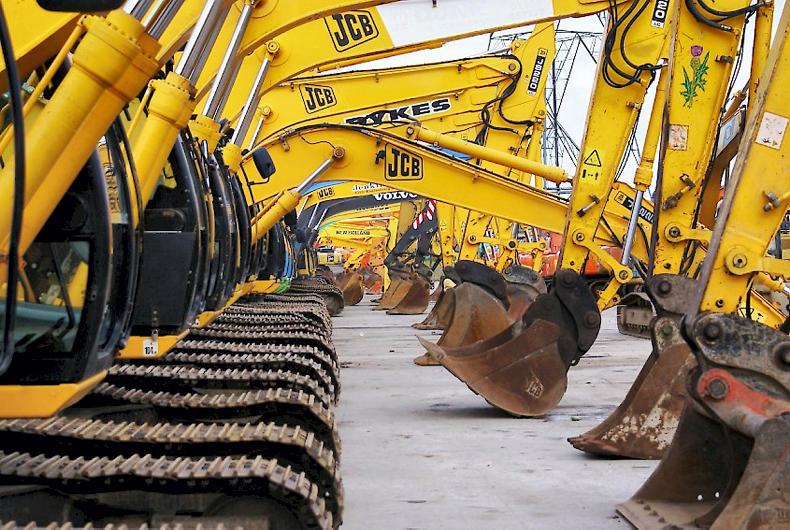
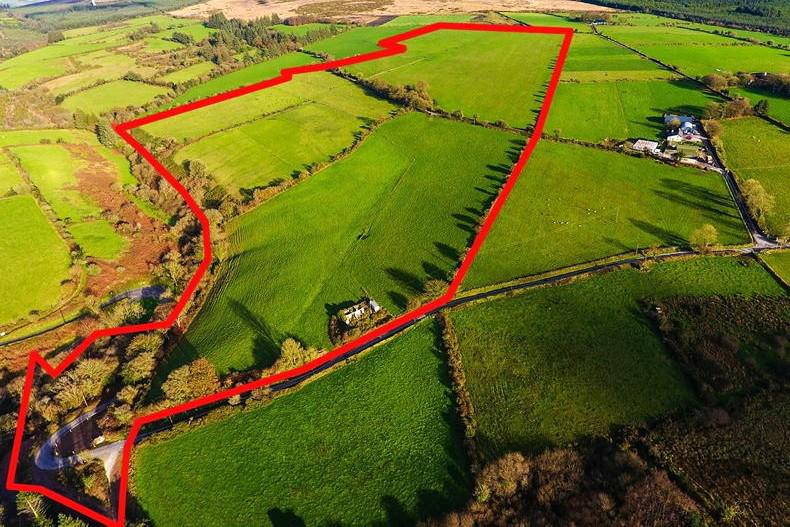
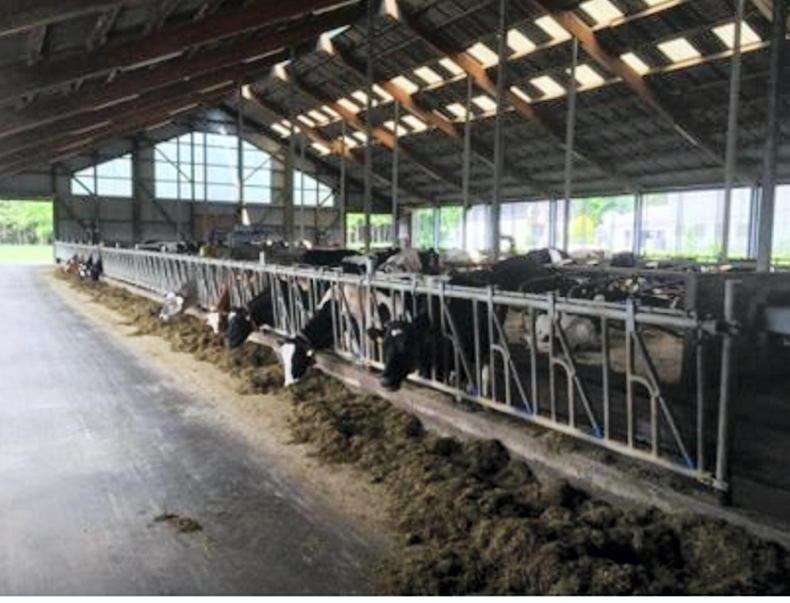
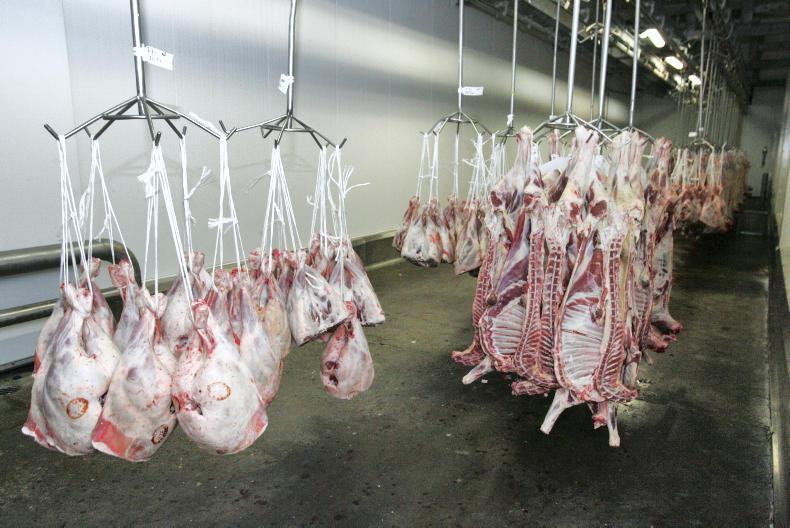
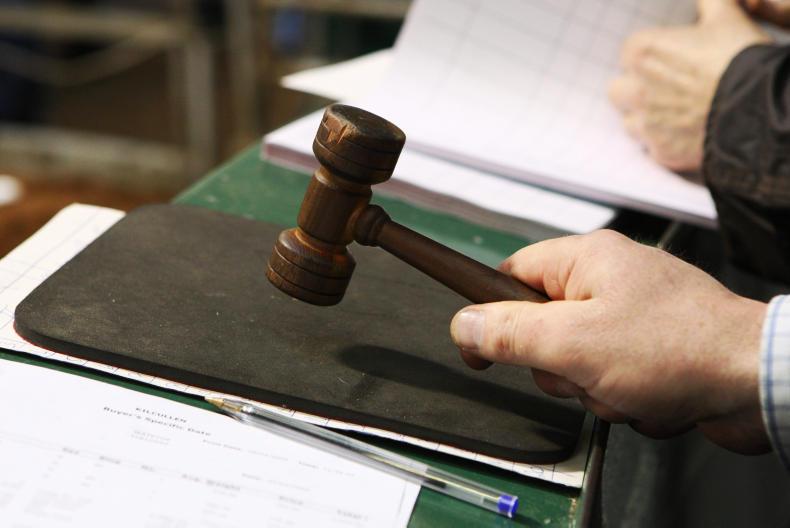
SHARING OPTIONS